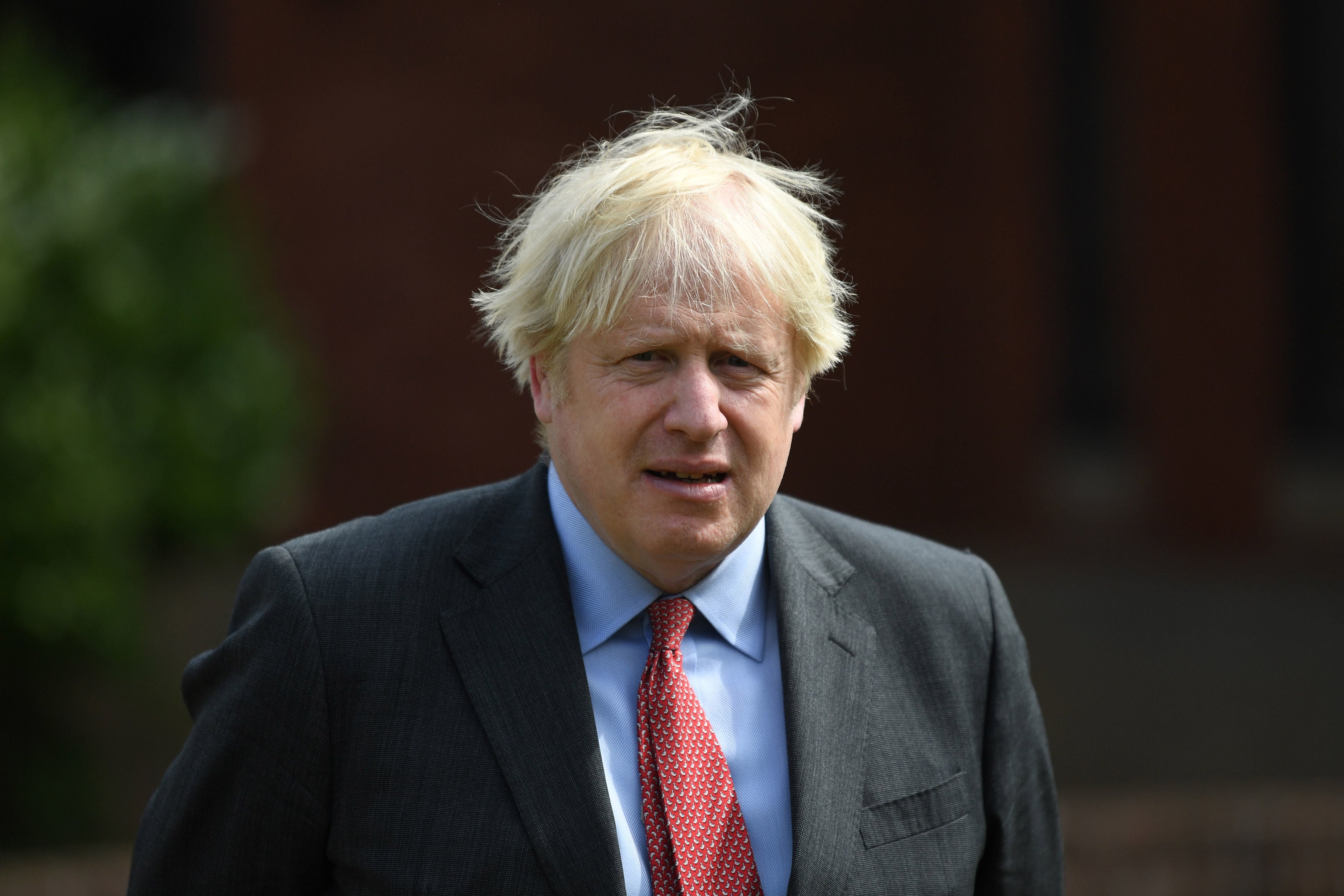Boris Johnson’s optimism over holidays will mean very little if EU nations are spooked
The bad news for travellers is that they need both sides – politicians at home and internationally – to be pushing green for go. One side is not enough


Your support helps us to tell the story
From reproductive rights to climate change to Big Tech, The Independent is on the ground when the story is developing. Whether it's investigating the financials of Elon Musk's pro-Trump PAC or producing our latest documentary, 'The A Word', which shines a light on the American women fighting for reproductive rights, we know how important it is to parse out the facts from the messaging.
At such a critical moment in US history, we need reporters on the ground. Your donation allows us to keep sending journalists to speak to both sides of the story.
The Independent is trusted by Americans across the entire political spectrum. And unlike many other quality news outlets, we choose not to lock Americans out of our reporting and analysis with paywalls. We believe quality journalism should be available to everyone, paid for by those who can afford it.
Your support makes all the difference.Boris Johnson inevitably seeks out good news – even if, despite the successful vaccination programme, the Covid-19 pandemic still provides plenty of bad news headlines. Today, the upbeat prime minister said: “The real opportunity we all have now is to open up travel through the double jab.”
He told us he hadn’t ruled out taking a foreign holiday this summer. He relegated the bad bit to the end: while he did not “want to cast a pall over things,” he admitted foreign travel would be “different” this year.
That is an understatement. The government’s formal announcement tonight did not quite justify Johnson’s trademark optimism. Grant Shapps, the transport secretary, expanded the green list to include Malta, Maderia, the Balearic Islands (including Majorca, Minorca and Ibiza) and several Caribbean countries. From next Wednesday, Britons can visit them without going into quarantine on their return. But more than 150 countries remain on the amber list, requiring self-isolation on return.
Like Johnson, Shapps trumpeted the bright stuff, saying: “Thanks to the success of our vaccination programme, we're now able to consider removing the quarantine period for fully vaccinated UK arrivals from amber countries.”
But there was no detailed announcement on that and a dark cloud looms on the horizon for Britons desperate to take a summer holiday on the continent. Angela Merkel is trying to persuade fellow EU leaders to introduce quarantine for arrivals from the UK because of its spike in cases of the Delta variant. Arriving at an EU summit in Brussels, the German chancellor said this was “a cause for concern” and warned that Europe is still “on thin ice” in its battle against Covid-19. She has a point about the UK: if Germany had 16,000 new cases a day, the UK would not be holding up an “open” sign for it.
Although decisions are a matter for individual member states, Merkel proposed “even greater coordination” at EU level. But it remains to be seen whether countries keen to revive their tourism industries, such as Greece, Spain and Portugal, will back her approach.
The small expansion of the green list might not restore public confidence in the government’s traffic light system, which was badly shaken by this month’s sudden U-turn when Portugal moved from green to amber. The Balearics’ inclusion will raise eyebrows in some quarters because many of the young Brits they will attract will not have been fully vaccinated.
In the UK, the frustrated travel and tourism sectors fear their hopes for a much-needed summer boost might turn to dust. They will welcome hints that the double-jabbed will avoid quarantine but the impact will be limited if Merkel’s view prevails, since most Brits will not go to European destinations if they must self-isolate on arrival.
Privately, ministers admit to a trade-off under which the remaining domestic restrictions will be lifted on 19 July while tough curbs remain on foreign travel. There are differences in the cabinet along familiar lines. Rishi Sunak, the chancellor, and Shapps want fully vaccinated people to avoid quarantine on their return from amber list countries from 19 July but Matt Hancock, the health secretary and Dominic Raab, the foreign secretary, want to delay the move until August. Johnson and the Cabinet Office minister Michael Gove are also said to be in the cautious camp.
The bad news for the struggling industries affected and holidaymakers is that they need both sides of the coin – domestic and international – to be green for go; one side is not enough. They are not yet aligned because the Delta variant is spooking European countries. However Johnson spins that, it is bad rather than good news.
Join our commenting forum
Join thought-provoking conversations, follow other Independent readers and see their replies
Comments